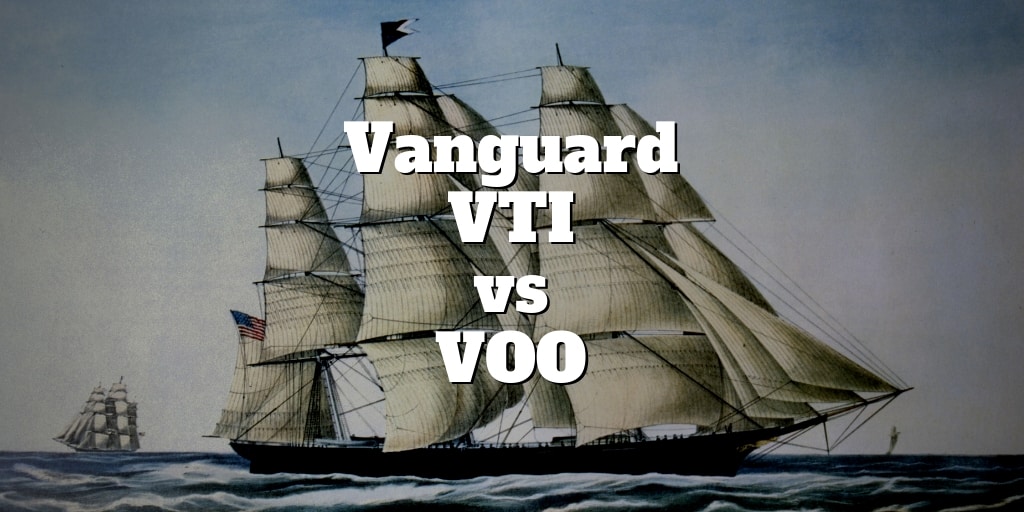
While most mutual funds are actively managed, there are some that passively track specific indexes. On the other hand, most ETFs passively track specific indexes. Very few are actively managed.
The biggest difference between the ETFS and mutual funds is how shares are traded.
Mutual fund shares are bought and sold once a day, after the market closes. ETFs can be traded throughout the day, so investors who want flexibility in timing purchases and sales are better off with this type of product.
Are ETFs Better Than Mutual Funds?
Actively managed mutual funds and actively managed ETFs have higher fees than their passively managed counterparts.
Morningstar notes that the average for actively managed mutual funds is 1.09 percent, the average for actively managed ETFs is 0.76 percent, the average for passively managed mutual funds is 0.79 percent, and the average for passively managed ETFs is 0.57 percent.
If you have determined that ETFs are right for you, the big question is which one to choose. There is a long list of options from a wide variety of reputable financial service providers, and even market experts struggle with this decision.
Vanguard has a variety of products to suit every level of experience and to meet all sorts of financial goals. Two of Vanguards most popular ETFs include the Vanguard Total Stock Market ETF (VTI) and the S&P 500 ETF (VOO). Here’s what you need to know before you invest.
| VANGUARD INVESTMENTS | |
 InvestorMint Rating 4 out of 5 stars |
via Vanguard secure site |
VTI vs. VOO: The Indexes
VTI tracks the entire stock market, while VOO focuses on the major players that make up the S&P 500.
This is Standard & Poor’s market-cap index of the 500 largest US companies that are publicly traded. Taken as a group, this covers approximately 80 percent of the market.
The primary difference between the two ETFs here is the level of diversification in each fund.
VTI offers exposure to all of the companies in the S&P 500, as well as a variety of other large cap, mid cap, and small cap stocks, while VOO is limited to large cap.
The next 10 minutes could change your life. We've recorded a special sit-down interview with a reclusive millionaire who details how he's closed out winning trade after winning trade throughout the volatility of 2022. In fact, he hasn't closed a single losing trade since 2016. Sounds impossible? It's not - and he'll prove it to you.
Click to see this exclusive sit-down interview
VTI vs. VOO: The Details
While VTI holds shares in a total of 3615 different companies, VOO has just 510.
Expense rates are the same for both at 0.03 percent.
➤ Free Guide: 5 Ways To Automate Your Retirement
VTI vs. VOO: Returns
Though past performance doesn’t predict future performance, a look at each fund’s returns compared to each other and to the benchmark offers a glimpse into how performance differs.
VTI
- 1-Year VTI 12.67% Benchmark 12.72%
- 3-Year VTI 14.77% Benchmark 14.77%
- 5-Year VTI 11.20% Benchmark 11.20%
VOO
- Year to Date VOO 13.65% Benchmark 13.65%
- 1-Year VOO 9.40% Benchmark 9.50%
- 5-Year VOO 10.86% Benchmark 10.91%
Overall, the total stock market approach has historically been more successful.
VTI vs. VOO: Market Sectors
While the S&P 500, and therefore VOO, ensures representation across industry sectors, the way each sector is weighted is not identical to the total market. Here is a comparison:
Sector VTI VOO
- Information Technology 20.40% 21.2%
- Healthcare 13.20% 14.6%
- Financial Services 19.00% 12.7%
- Consumer Discretionary 13.40% 10.2%
- Communication Services 1.90% 10.1%
- Industrials 13.50% 9.5%
- Consumer Staples 7.90% 7.3%
- Energy 5.10% 5.4%
- Utilities 3.20% 3.3%
- Real Estate N/A 3.1%
- Materials 2.4% 2.6%
If you are interested in a certain level of exposure to specific industries, it may impact which fund you choose for your portfolio.
The SV Bank collapse marked the second-largest U.S. bank to close since the Great Recession…'God have mercy on us all': Robert Kiyosaki warned.
Kiyosaki is turning to gold and silver — a popular hedge against inflation. Gold can't be printed out of thin air like fiat money and it's value is largely unaffected by economic events.
'I'm buying gold because I don't trust the Fed," he said.
source: yahoo!news
Ready to dump your paper assets? Get Your Free Gold & Silver Guide Now
VTI vs. VOO: Top Holdings
The top 10 stocks held in each fund can offer a better perspective on the similarities and differences between ETFs.
VTI
- Microsoft Corp.
- Apple Inc.
- Amazon.com Inc.
- Alphabet Inc.
- Facebook Inc.
- Berkshire Hathaway Inc.
- Johnson & Johnson
- Exxon Mobil Corp.
- JPMorgan Chase & Co.
- Visa Inc.
VOO
- Microsoft Corp.
- Apple Inc.
- Amazon.com Inc.
- Alphabet Inc.
- Facebook Inc.
- Berkshire Hathaway Inc.
- Johnson & Johnson
- Exxon Mobil Corp.
- JPMorgan Chase & Co.
- Visa Inc.
As you can see, the top ten holdings are nearly identical between the two funds.
VTI vs. VOO
VTI and VOO both incur risk simply because any investment in the stock market carries risk. Vanguard publishes the following analysis:
“Stock markets tend to move in cycles, with periods of rising stock prices and periods of falling stock prices.
The fund’s target index may, at times, become focused in stocks of a particular sector, category, or group of companies.
Because the fund seeks to track its target index, the fund may underperform the overall stock market.”
VOO may also have some additional risk due to the strategy of focusing on large-cap stocks. Vanguard says this about the investment style risk:
“Large-cap stocks tend to go through cycles of doing better–or worse–than other segments of the stock market or the stock market in general.
These periods have, in the past, lasted for as long as several years.”
>> 9 Top Financial Magazines To Read
This list ranks the top optionable stocks daily based on trend, volume, price and our proprietary algorithm. FREE bonus: a strategy for generating income in 8 minutes per day.
View this list for FREE now!








